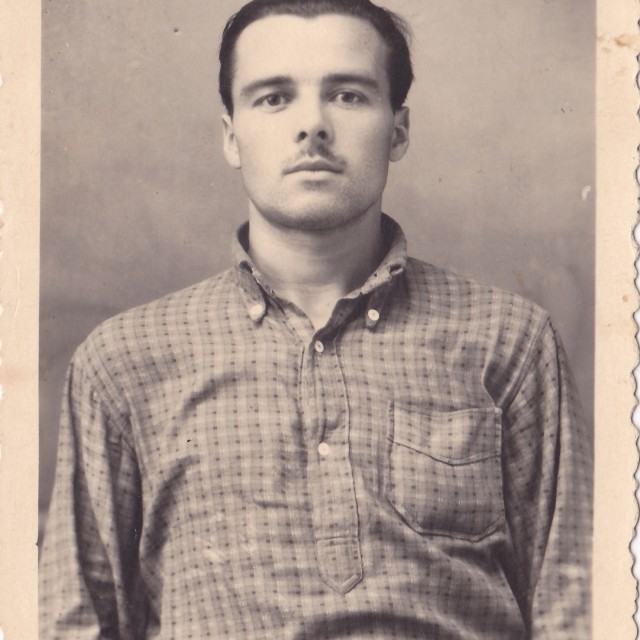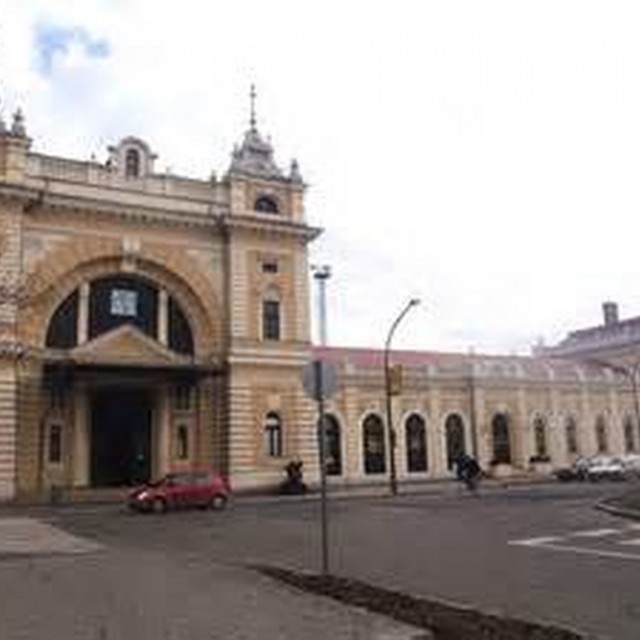The hotel was packed
Zoltán Gúth met some young guys in the pub of the railway station in Pusztaszabolcs in the winter of 1957. They were a bit tipsy. They spoke loudly about how they would cross the border. Zoltán Gúth joined them for the spirit of adventure. He offered himself to be their guide: "Listen to me! I know the border zone quite well, I do speak Russian, anything happens to us, I’ll see to it, – I had may identity card with me and there was a stamp in it, a Soviet stamp – I work for the Russians, you know!” They arrived to Szombathely by train in the very same day, in the afternoon. They didn't want to leave for Austria in the night. They went to a hotel. It was packed. They were sent to a room where already two Hungarian officers had gotten accommodation. Two men could sleep in one bed, there were supplementary beds, as a stopgap arrangement. They went down to the restaurant. It was busy, too. There they were told that "there was a train twice a day” to the border, others with children waited for a truck by midnight: "It would have cost a lot of money, one thousand forints per head. It was a big sum, some people had a monthly wage of two-three hundred forints. A lot of people were brought across the border by a truck, there wasn't any severe control there.” They spent the night drinking wine, and then they went to sleep: "When I got up, I noticed that the officers had left, but under the pillow, I saw, there was something. I lifted the pillow and I saw a pistol he had hidden there. He had forgotten about it. They had left by a truck during the night. ’Let’s take it!’ – suggested one of the guys. Gúth persuaded him explaining that if he was nabbed at the border, he would be escorted back, but if he was nabbed with a pistol, he was lost, he would be arrested immediately. Everybody brought some alcohol with him, and they [the Soviets] drank like a fish. Well, this was the situation on the border.” They went to the station and they bought their tickets to Kőszeg.
Hodnocení
Hodnotilo 0 lidí
Útvonalak
Még nem tartozik egyetlen útvonalhoz sem.
Hozzászólások
Még nincsenek hozzászólások.




